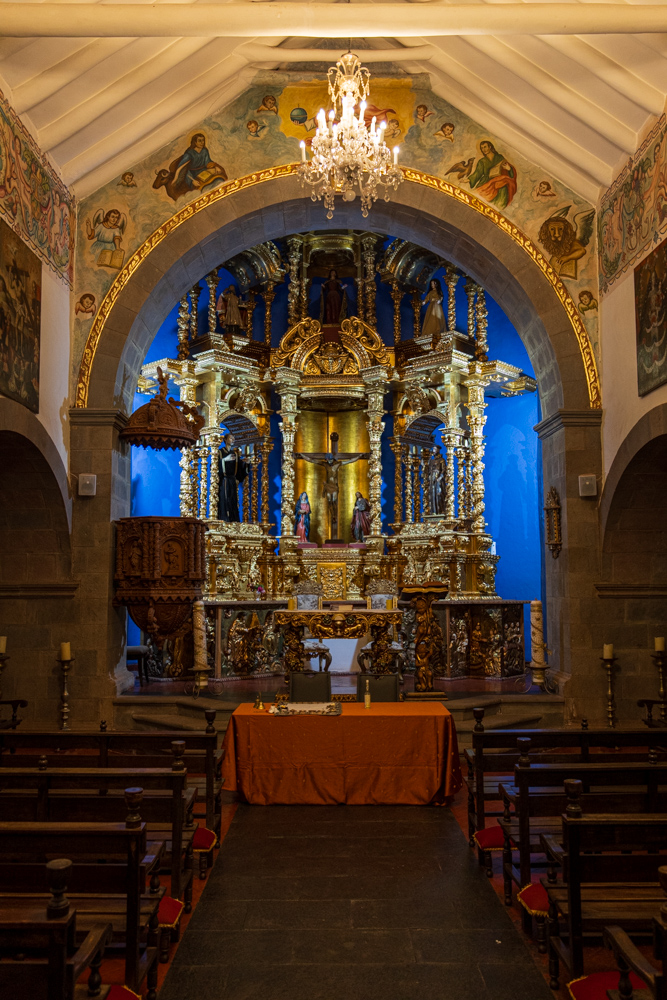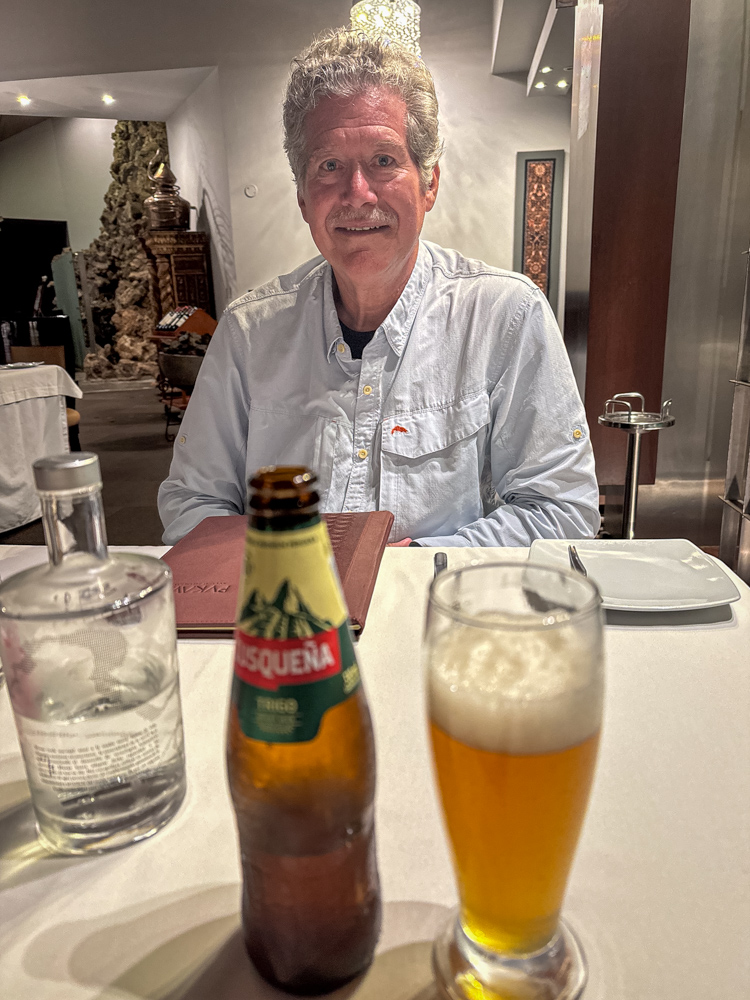Thursday - 11 April 2024 - We flew from Arequipa to Cusco and arrived in the early afternoon. At Cusco, we
boarded a van (rather large for two people) and began the drive to the Sacred Valley.
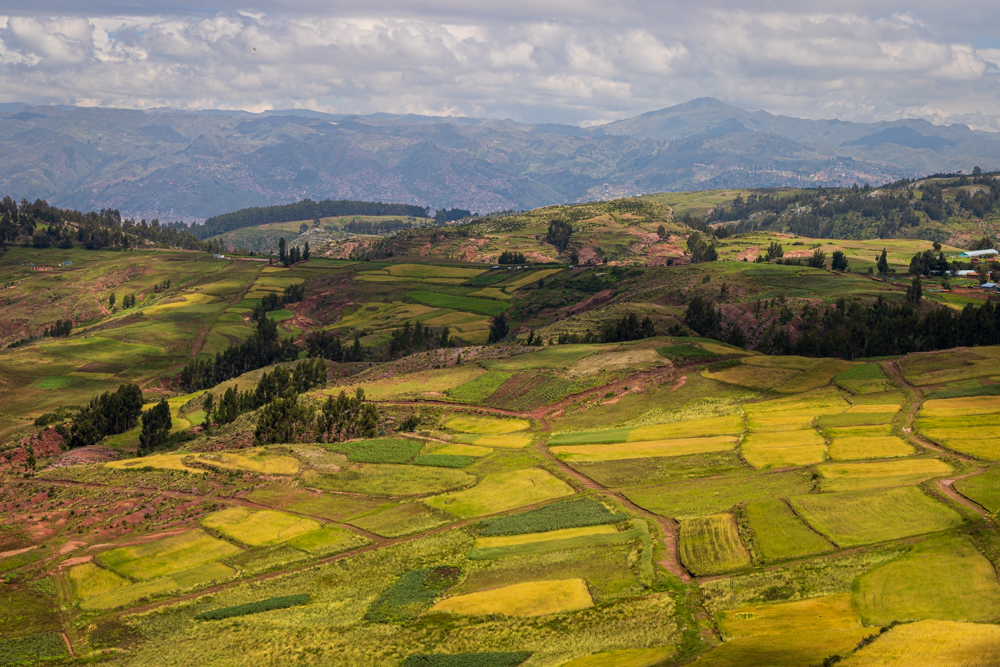

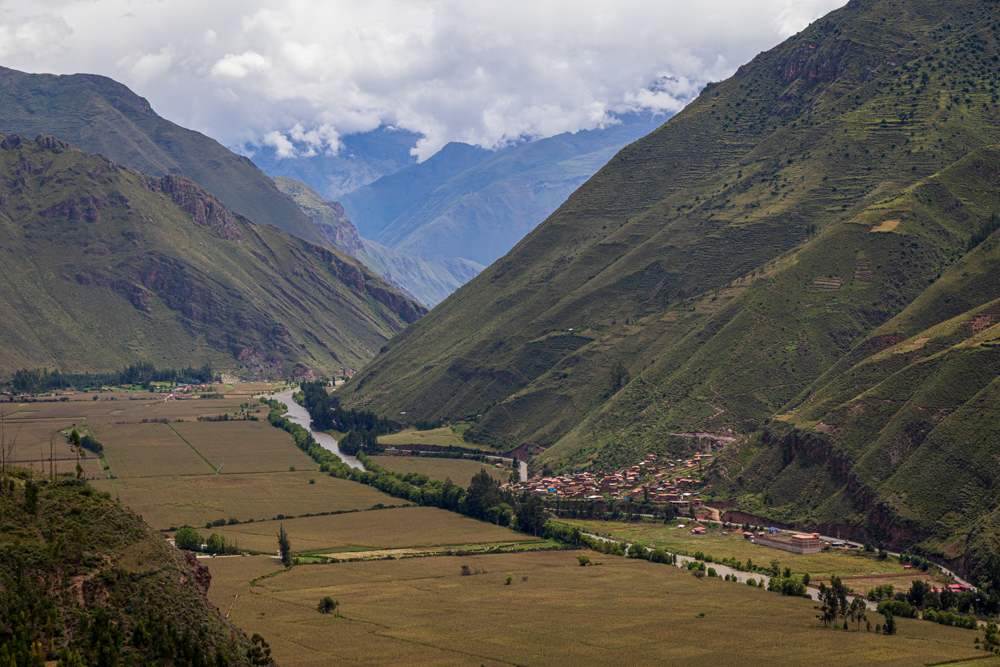
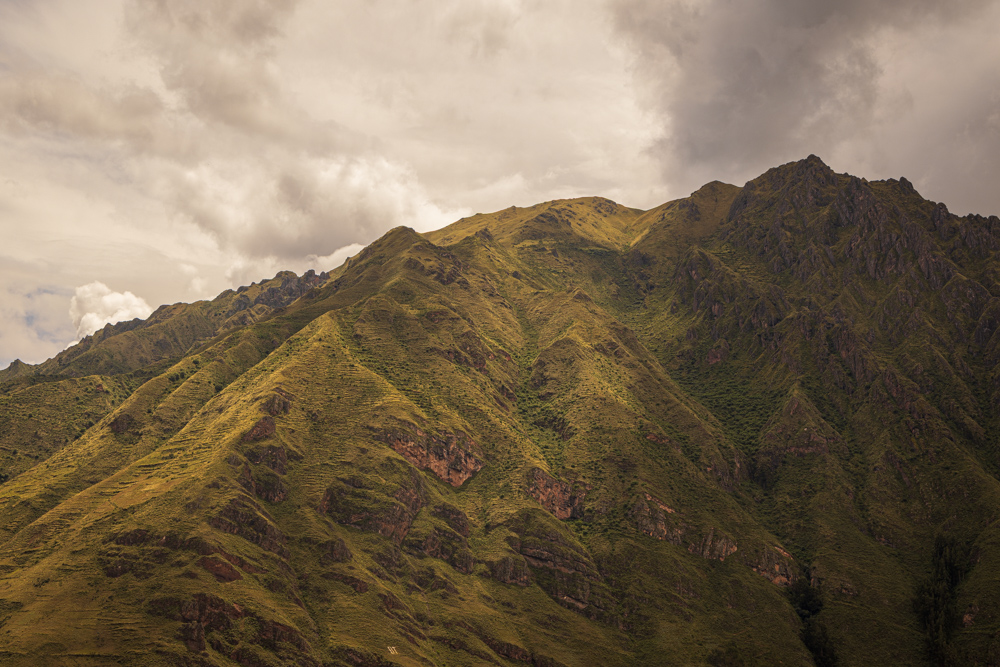
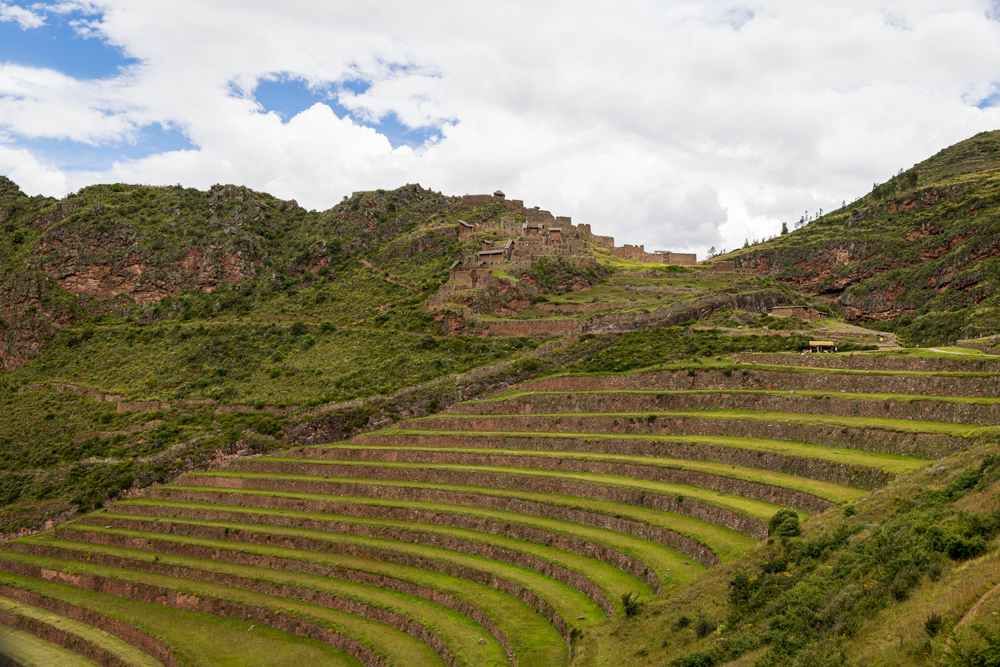
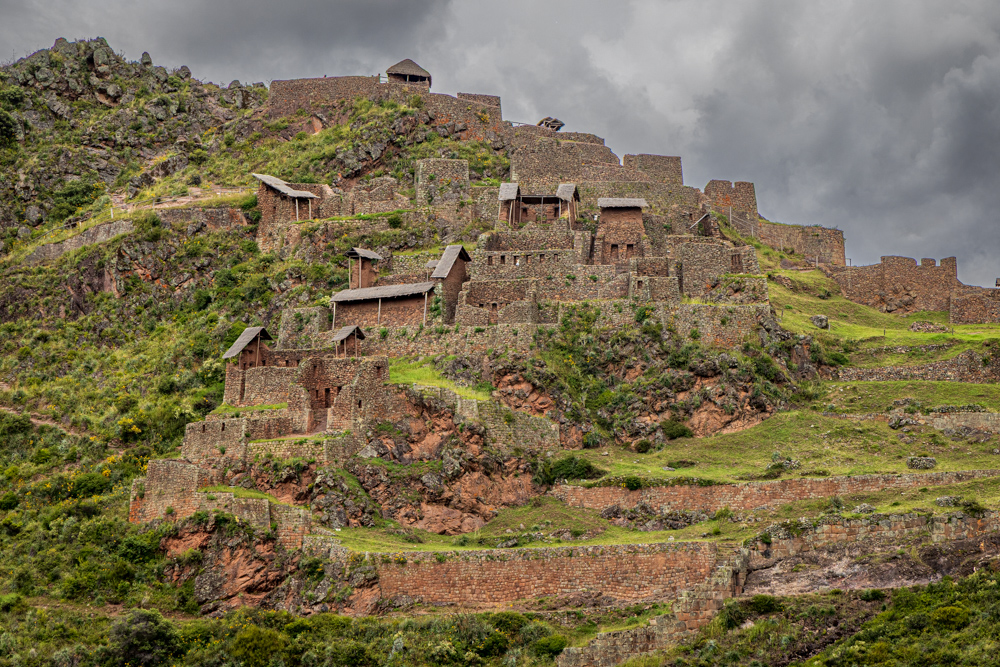
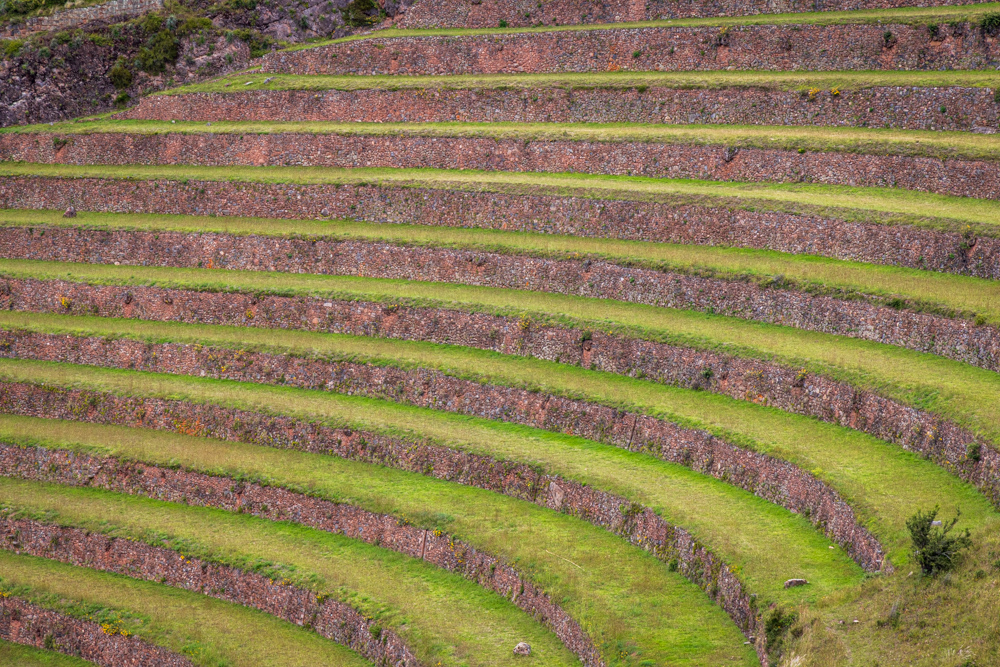
Each of the terraces is about 6 feet tall.
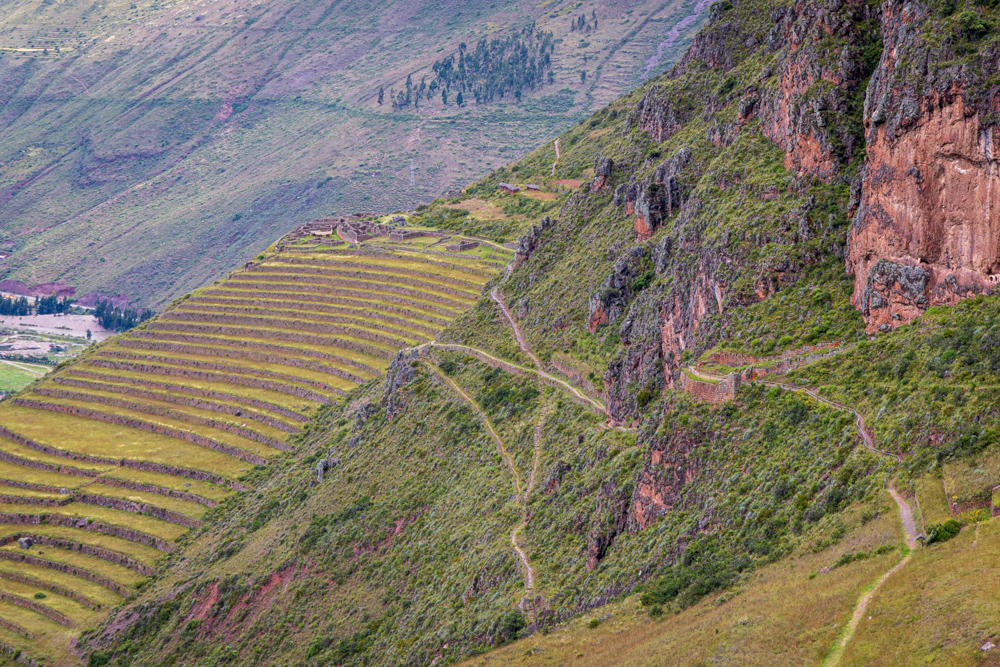
Here you can see the trails built to move from the town to the terraces and structures on the ridge line.
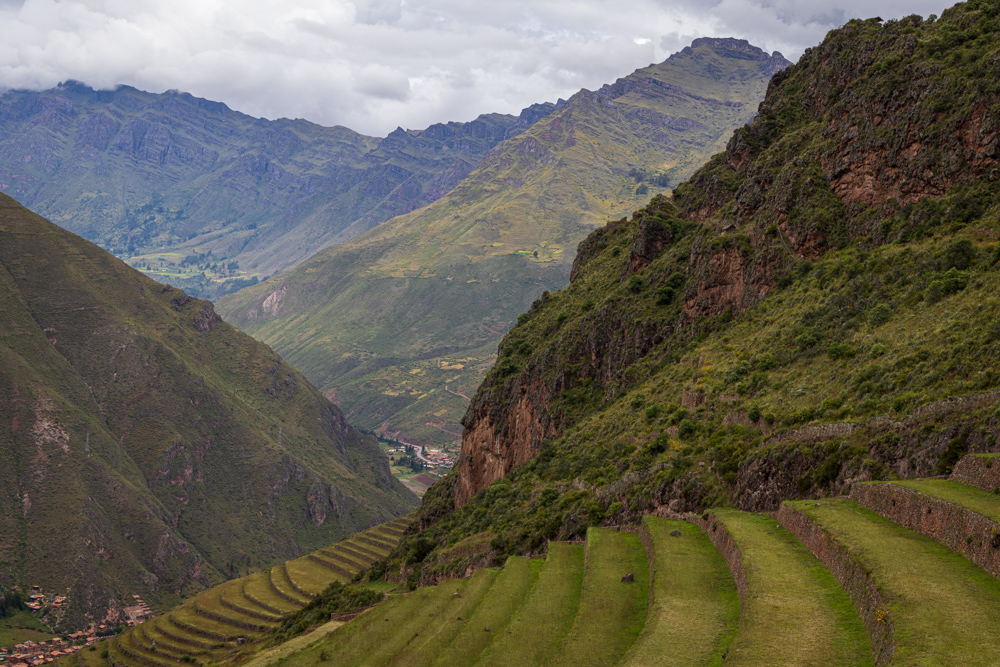

Because the temperature is constant and there is no frost, the people in the Sacred Valley can grow just about anything throughout the year.

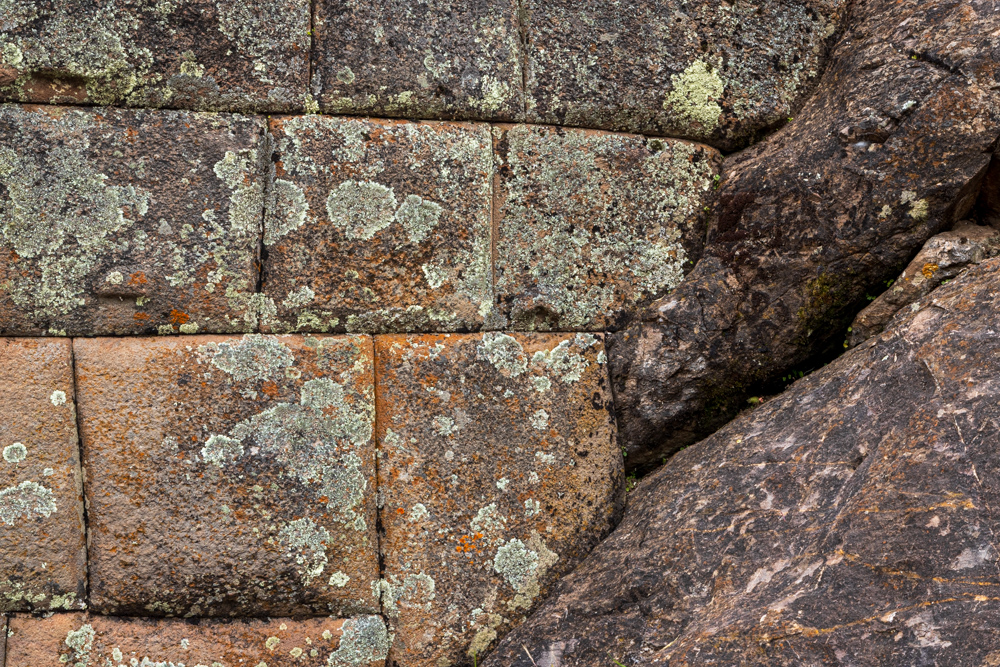
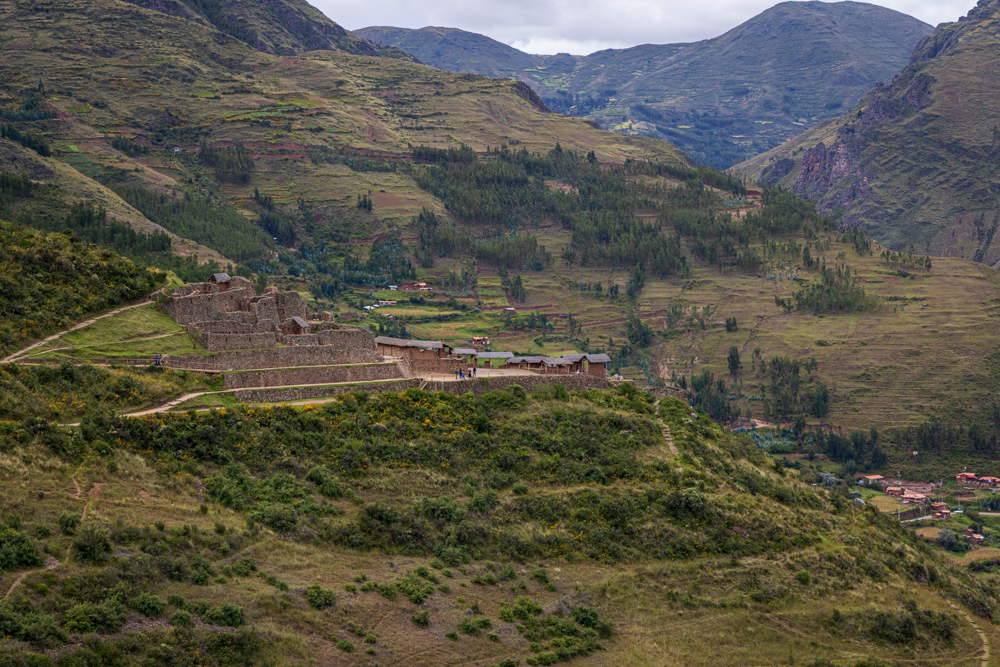
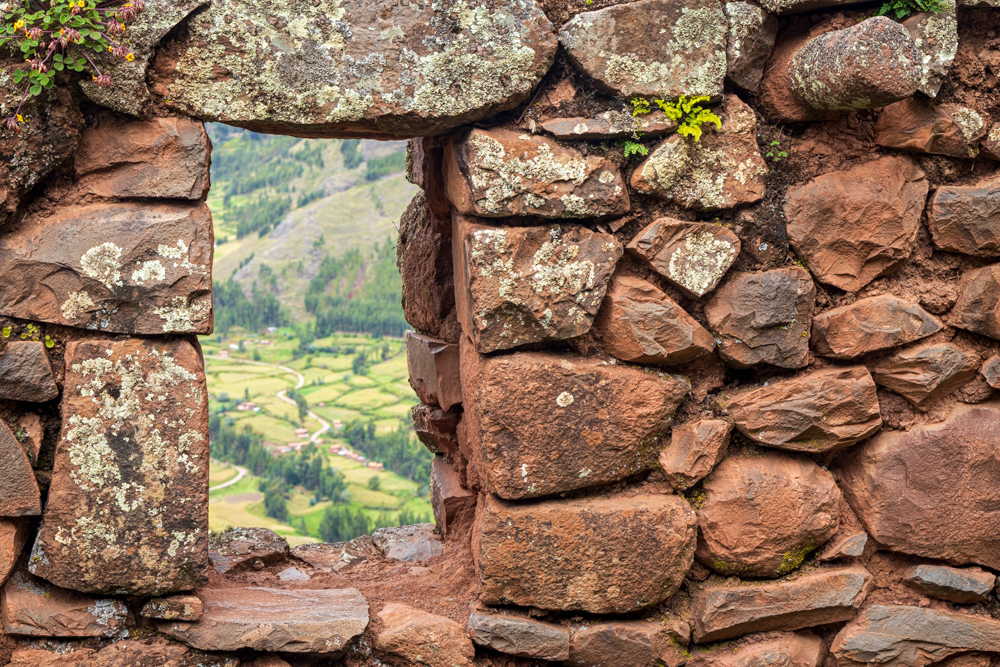
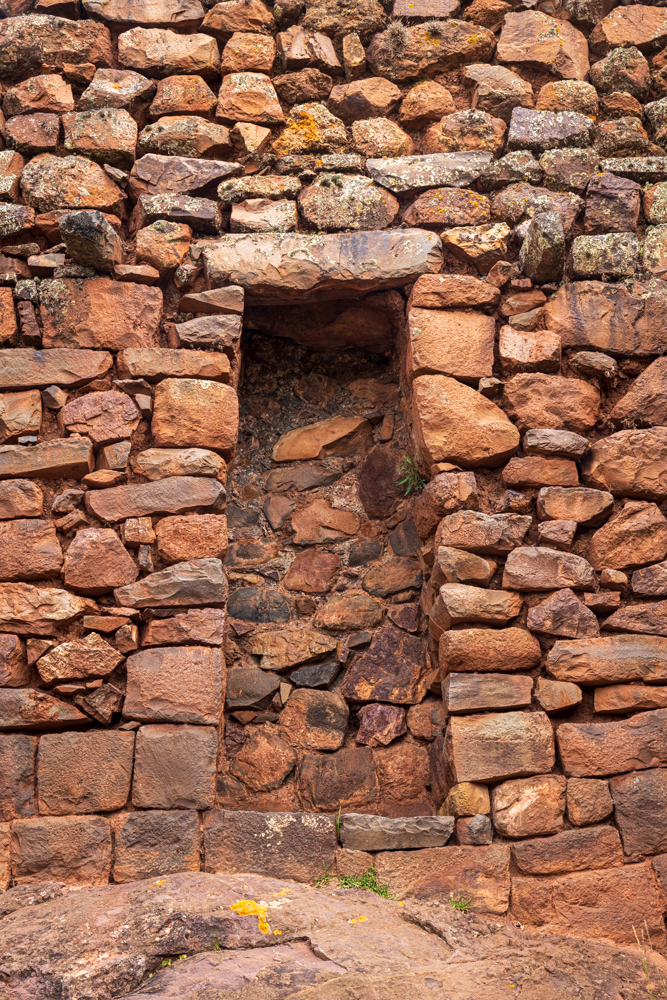
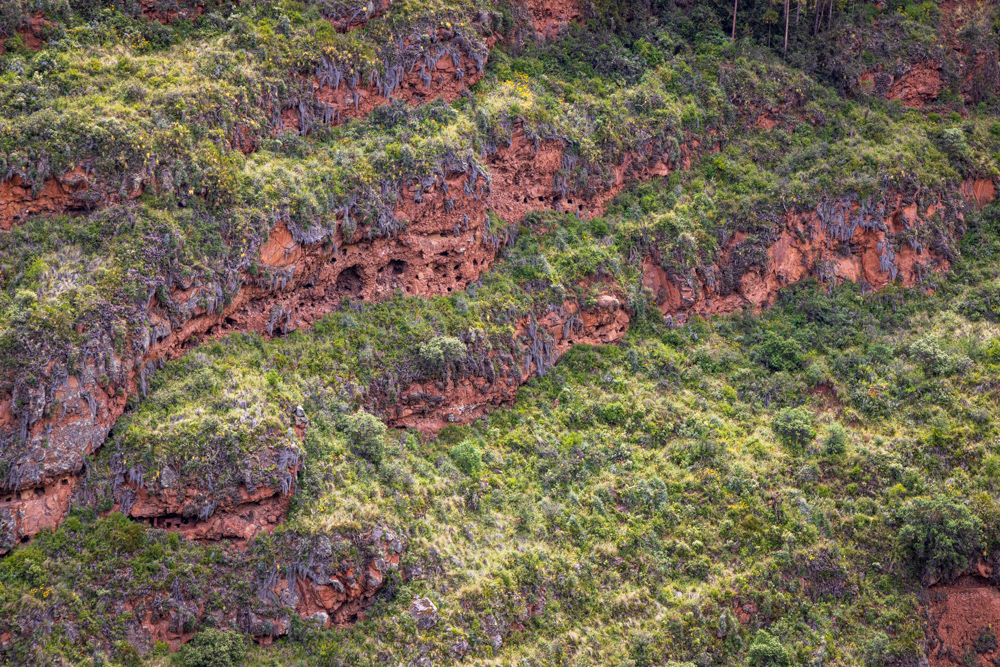
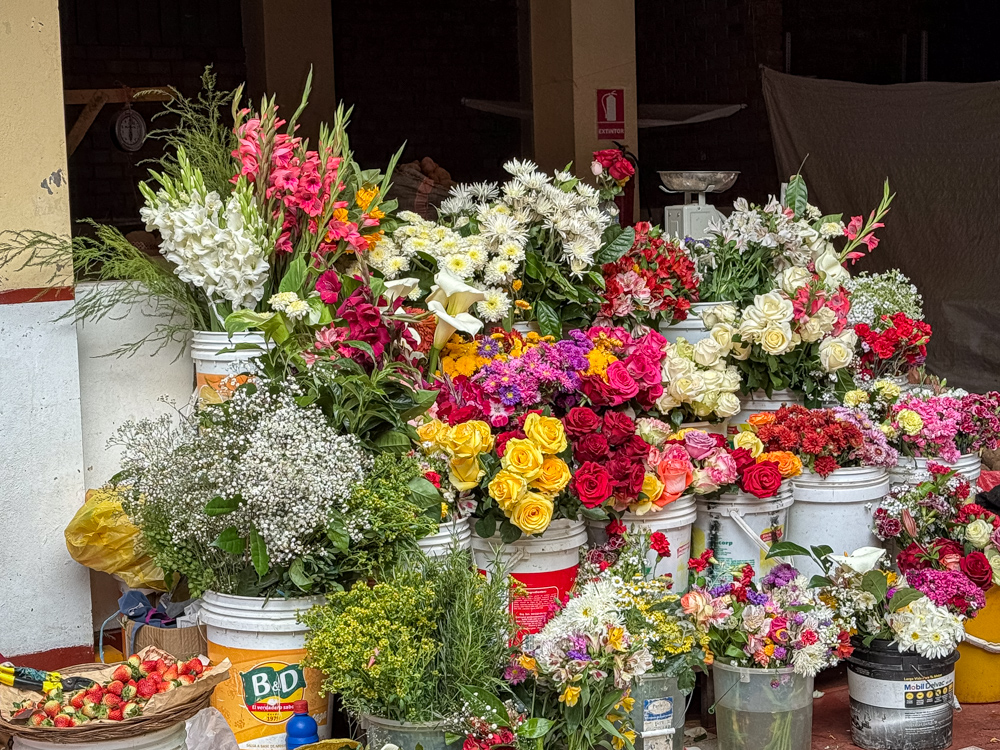
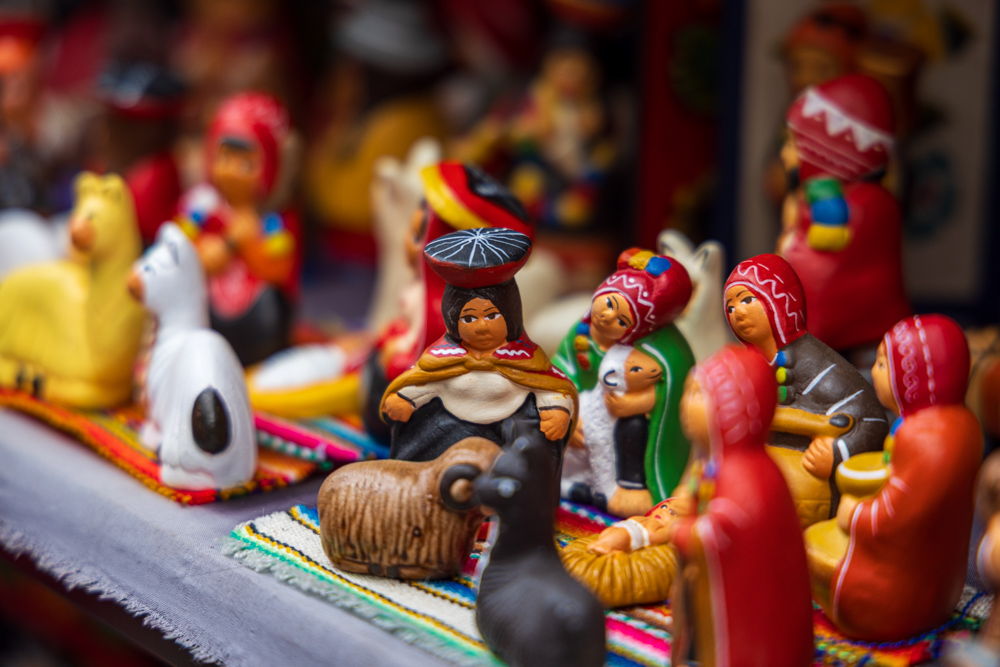
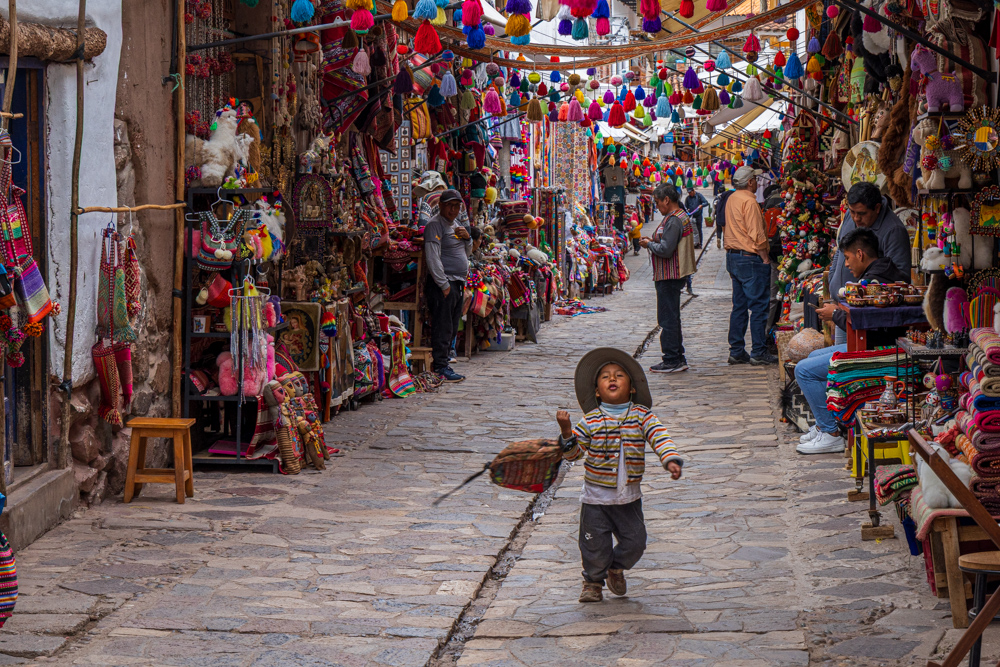
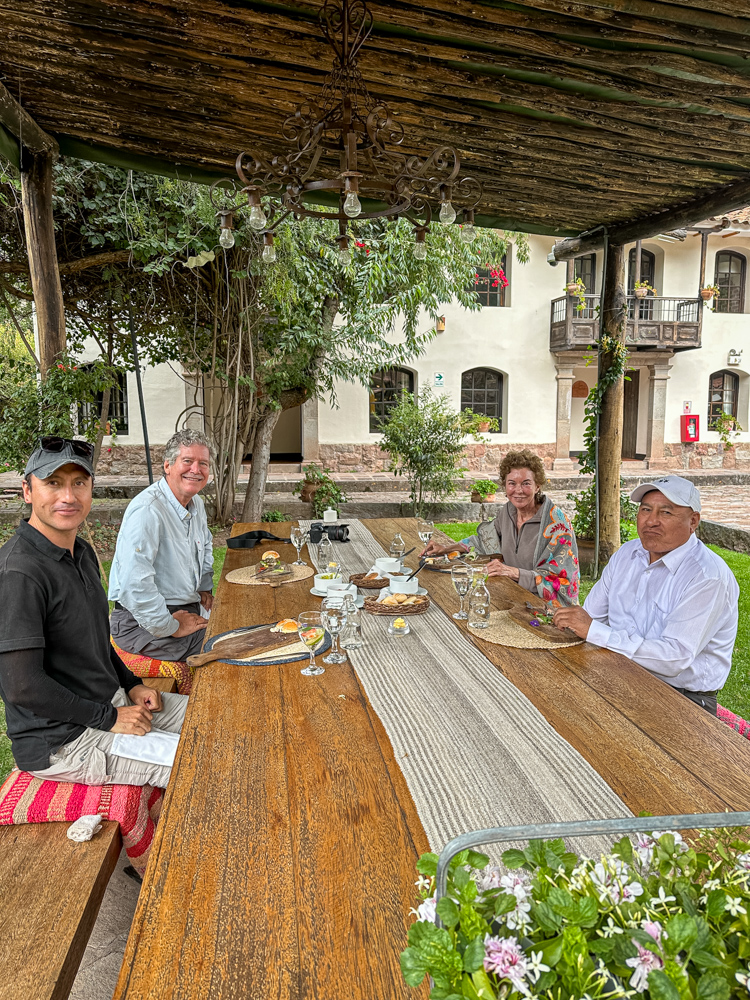
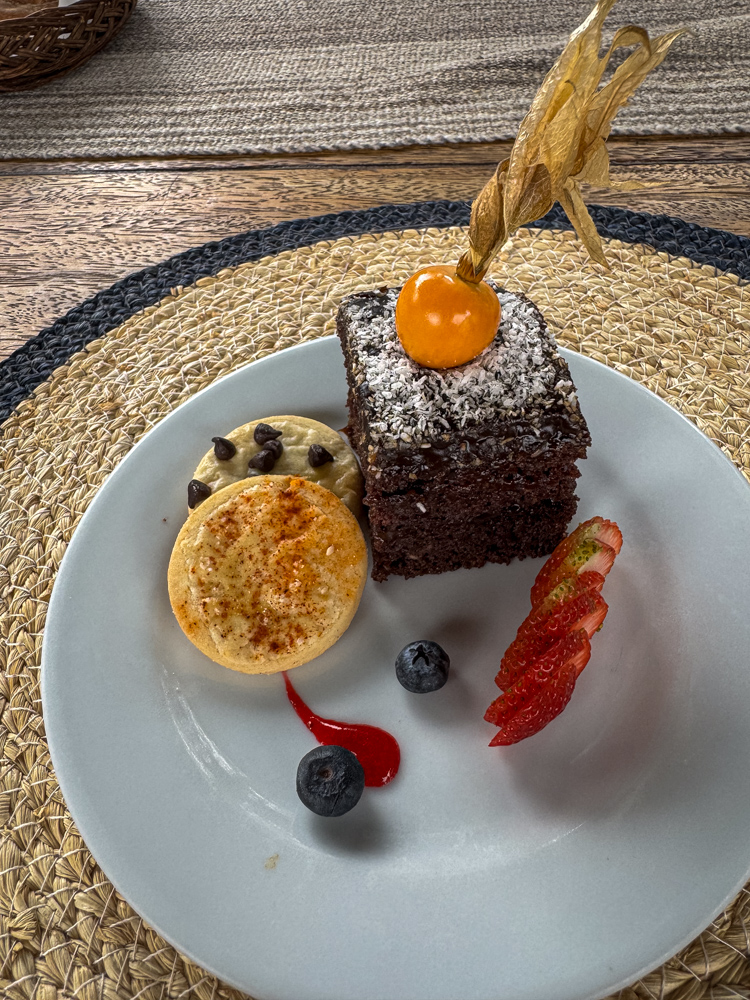
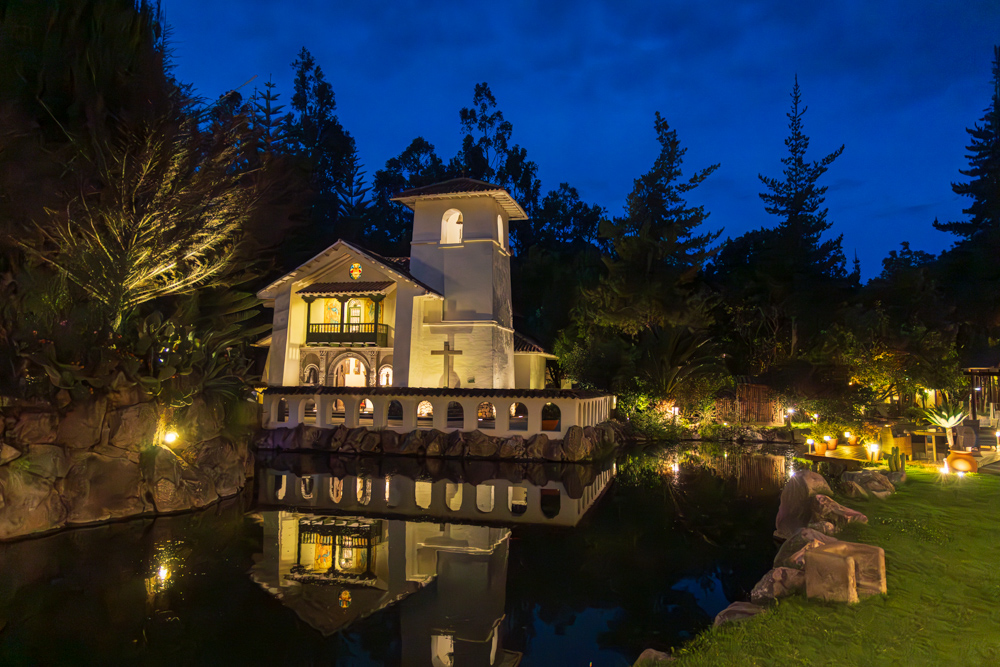
This is the church built on the hacienda property for its family and workers.
